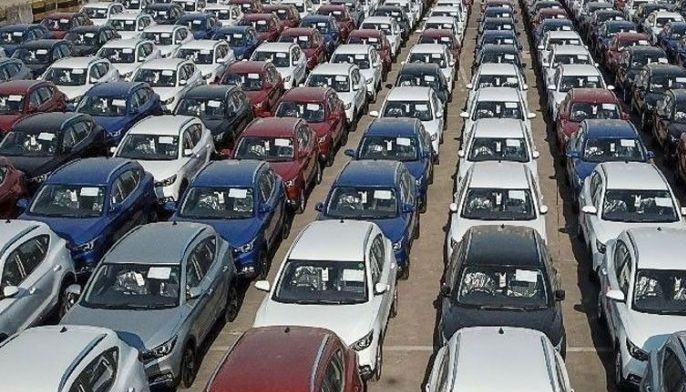MANILA, Philippines — Automotive parts makers in the country welcomed the government’s move to impose safeguard measures on vehicle imports, saying such move would help promote the local manufacturing sector.
In a statement, Philippine (Auto) Parts Maker Association (PPMA) president Ferdinand Raquelsantos said the imposition of safeguard duties on passenger car (PC) and light commercial vehicle (LCV) imports is a welcome development for the country’s local manufacturing sector.
Last Monday, the Department of Trade and Industry (DTI) announced provisional safeguard duties in the form of a cash bond amounting to P70,000 that would be slapped on every imported PC, and P110,000 for every imported LCV for a period of 200 days from the issuance of an order from the Bureau of Customs.
DTI decided to impose safeguard duties following its evaluation of a petition filed by the Philippine Metalworkers’ Alliance.
Under Republic Act 8800 or the Safeguard Measures Act, the government can impose safeguard measures to protect local industries from threat of serious injury from increased imports of like products.
Raquelsantos said the increased share of imports in the country’s total vehicle sales has resulted in a decline in local manufacturing for automotive parts.
In particular, he said imports accounted for an 88 percent share in total vehicle sales in 2019 from just 20 percent in 1997.
As of last year, PPMA’s members declined to 49 firms from 128 in 2015.
Raquelsantos said some of the remaining parts makers currently do not have commercial operations as there are no production requirements from clients.
“Our vehicle manufacturing industry has been swallowed by all these free trade agreements to the detriment of our workers. We understand that it is cheaper to import CBU’s (completely built units) than to locally assemble these units. But how can we develop our supply base if we discourage local vehicle assembly?” he said.
Without the government’s Comprehensive Automotive Resurgence Strategy program which involves providing incentives to firms that invest in vehicle manufacturing, he said the country would probably not have any company involved in domestic passenger car assembly anymore “like what happened to Honda City and Honda BRV.”
In March last year, Honda Cars Philippines Inc. shut down its manufacturing plant in Laguna.
“These safeguard measures will address this concern,” Raquelsantos said.
“We need to sustain our local manufacturing and re-create jobs for our workers, whether in the vehicle assembly plant or in the parts maker side,” he added.
To determine if the safeguard duties should be in place for a much longer period, the Tariff Commission will be conducting a formal investigation on the matter.


